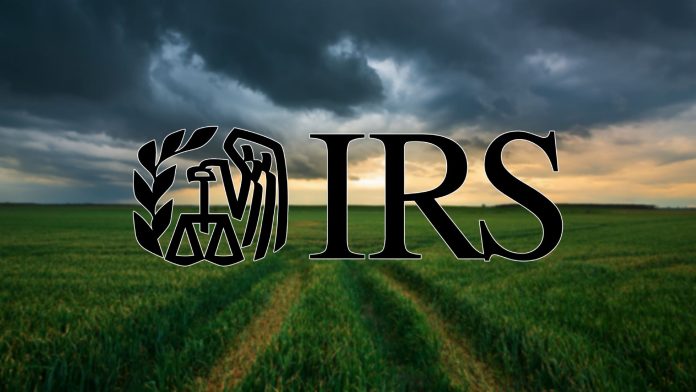The IRS has rolled out crucial tax relief for businesses and individuals in Missouri affected by severe storms, straight-line winds, tornadoes, and wildfires beginning March 14, 2025. In a significant move aimed at easing the burdens on those impacted, the deadline for filing various federal tax returns and making payments has been extended to November 3, 2025. This extension can be a lifeline for small businesses grappling with recovery from these disasters.
With the formal disaster declaration by the Federal Emergency Management Agency (FEMA), eligible areas include several counties across Missouri—ranging from Bollinger to Webster, with the possibility of inclusions as assessments develop. Small businesses operating within these counties are poised to benefit significantly from this reprieve.
Business owners now have more time to manage their tax obligations, alleviating some stress during the recovery efforts. For instance, businesses set to file quarterly payroll and excise tax returns, originally due on April 30, July 31, and October 31, 2025, now have until November 3. The same applies to annual corporate returns and the contributions to individual retirement accounts (IRAs) and health savings accounts (HSAs) that would typically be due mid-year.
“It’s imperative that businesses affected by disasters are given the flexibility they need during the recovery process,” said IRS Commissioner Charles Rettig. “This relief allows taxpayers the time necessary to get back on their feet without the additional pressure of looming tax deadlines.” This extension can translate into a smoother transition back to normal operations, allowing businesses to focus on rebuilding instead of worrying about immediate financial obligations.
Small business owners should take note: penalties for failing to meet payroll and excise tax deposits, due between the disaster’s onset and the end of March 2025, will be waived if the deposits are made by the end of March. This could significantly ease cash flow concerns in the immediate aftermath of the disaster.
The IRS will automatically identify and apply this tax relief to those within the designated disaster areas. However, businesses located outside of these areas but with records in the disaster zone may also be eligible for relief. Such businesses are encouraged to contact the IRS Special Services toll-free line for guidance.
Despite the aid, there are potential challenges small businesses should consider. Navigating the complexities of tax filings and the exemptions can be daunting, especially for those still dealing with the physical and emotional toll of the disaster. Moreover, while the IRS has extended deadlines, businesses still face ongoing tax liabilities: interest on late payments will accumulate during the extended timeline, potentially leading to a larger financial burden down the line.
A further implication arises from the option to claim disaster-related casualty losses on federal income tax returns, either in the year of the disaster or the previous year. This can be beneficial for business owners looking to recover losses not covered by insurance, yet it requires careful documentation and planning.
Moreover, for business owners already in an installment agreement or payment plan with the IRS, it’s crucial to note that missed payments will not cause these agreements to default during the postponement period. However, they will continue to accrue interest and late payment penalties, which could complicate financial standings.
For businesses still trying to get their bearings, various tax preparation resources are available. Non-profits like Volunteer Income Tax Assistance (VITA) and AARP Tax-Aide provide free assistance for tax preparation, especially beneficial for those without prior experience in managing complex tax issues stemming from disaster relief efforts.
As business owners navigate these new deadlines and possibilities, proactive engagement with the IRS and utilizing available resources can provide much-needed support. Accessing specialized IRS guidance, knowing which tax deductions to claim, and understanding how to properly document disaster losses will be essential during this challenging time.
For full details on the relief measures mentioned, visit the official IRS announcement here.
Image Via Envato: linux87



